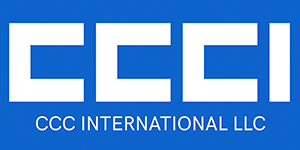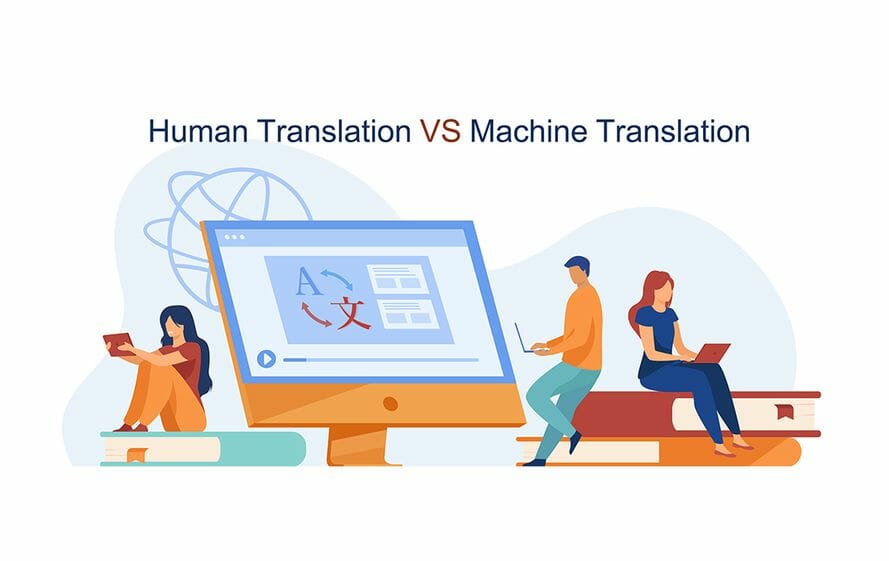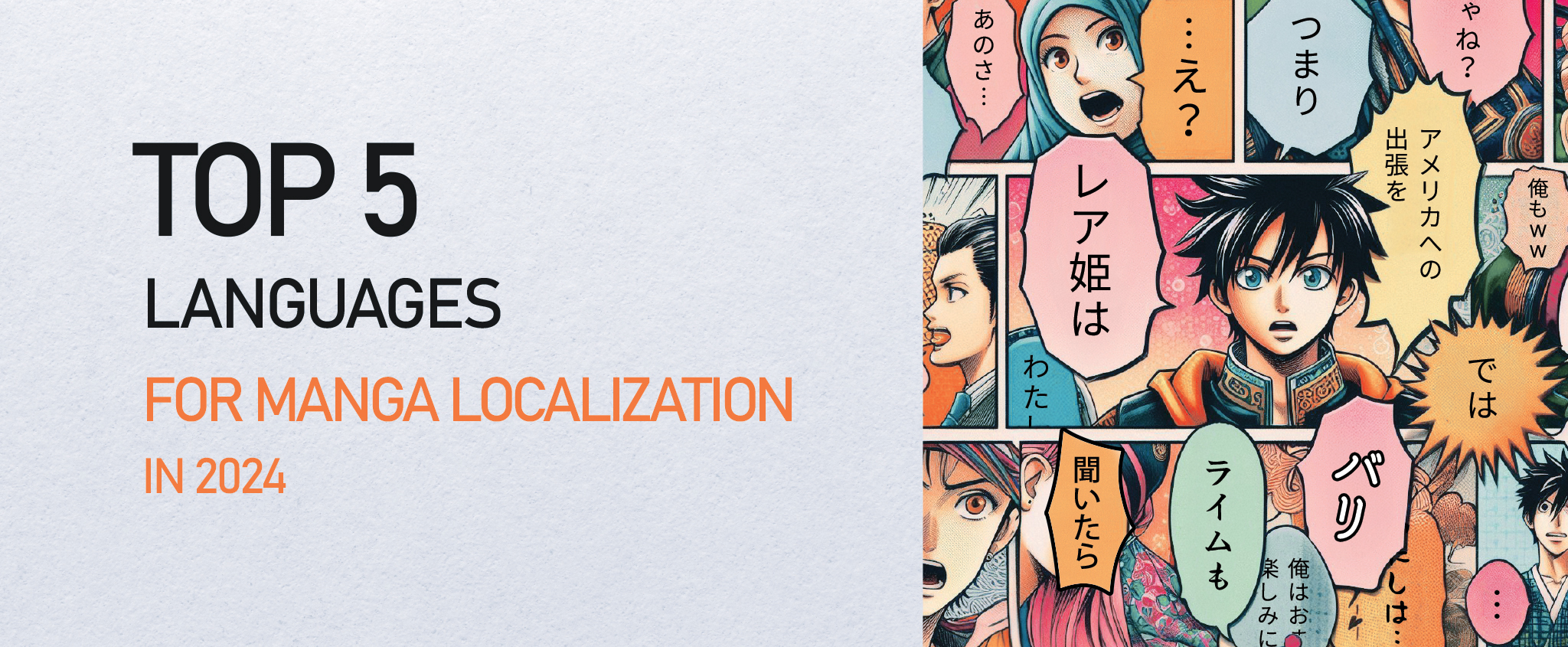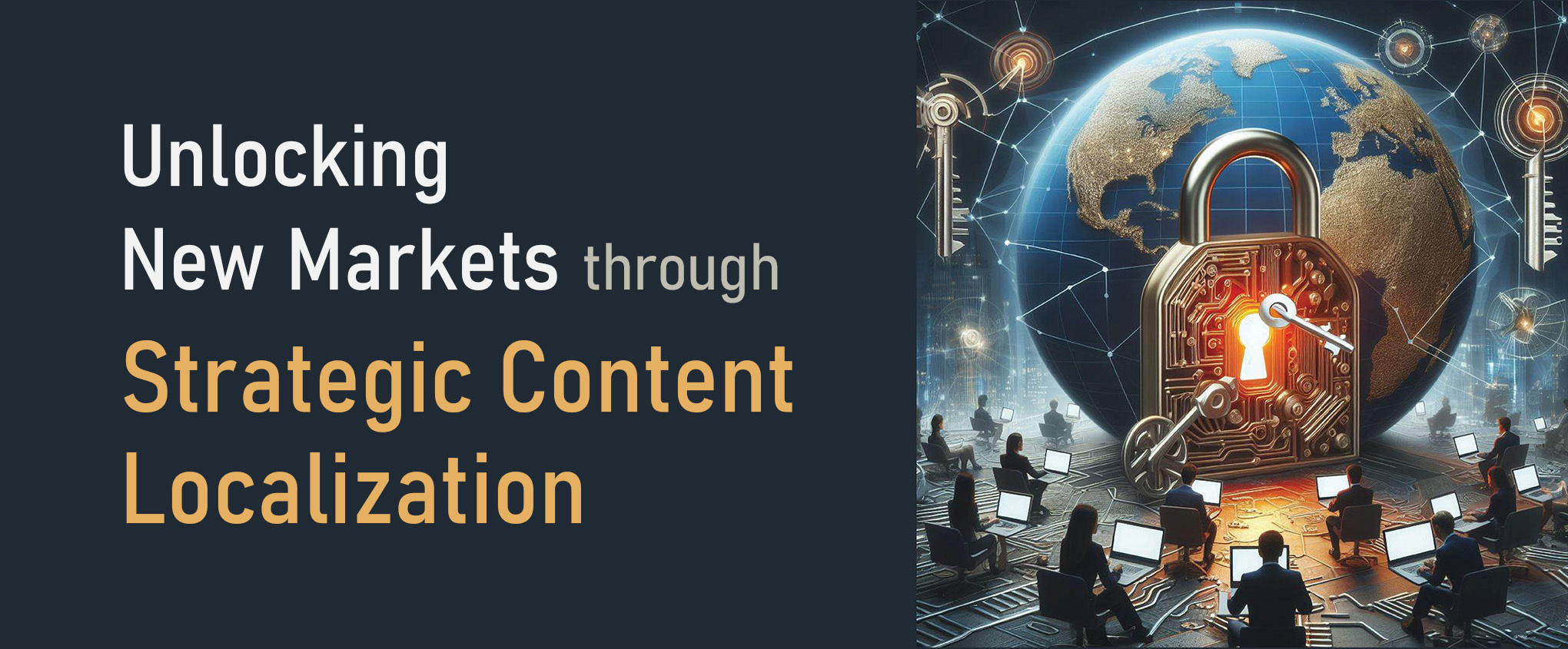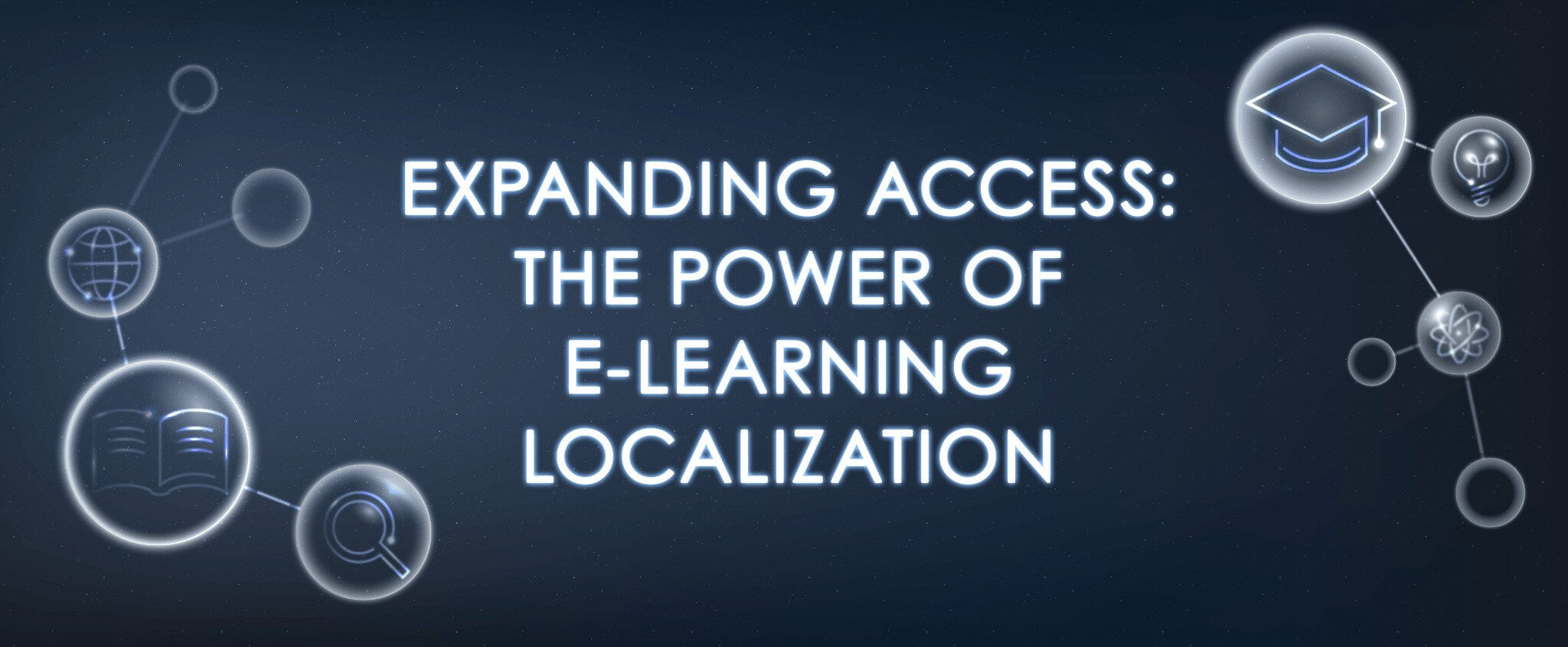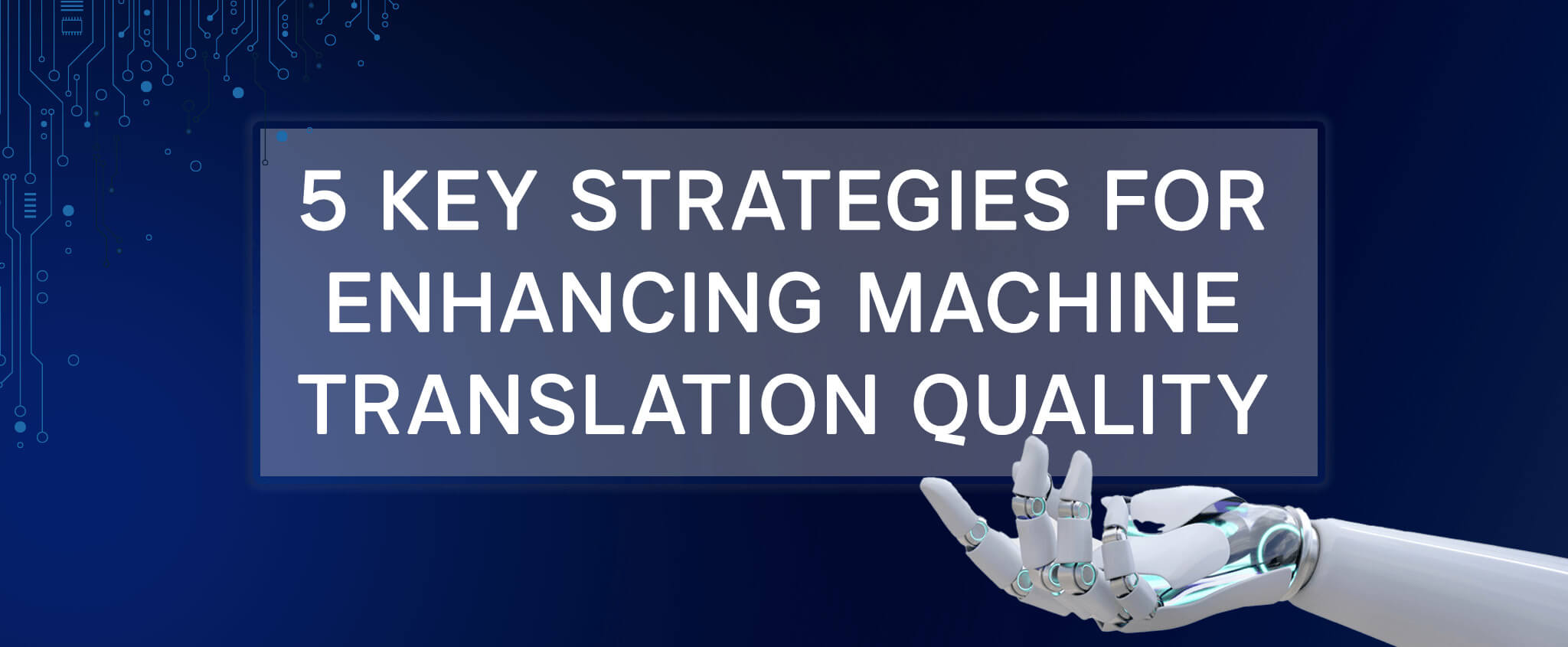Human Translation VS Machine Translation
Translation has become a necessity in our everyday interactions and has become an integral part of global communication. With the advent of newer technology comes efficient alternatives to content localization and translation. A common debate is which service would you choose between human translation VS machine translation. In recent times, machine translation has become an increasingly popular method and relatively cheaper alternative to human translation.
Machine Translation
The earliest instance of machine translation was mainly government-funded. Due to the exorbitant cost of running computers, the technology was far too expensive for it to become an economical business pursuit. In general, machine translation covers the use of software to translate a text or speech to another language without any involvement of human intervention.
In recent years, global companies that want to scale translations on their content often integrate translation APIs as a feature on their localized platforms. This option has proven quite adequate for translated content that does not require the need for proofreading, copywriting or translation precision. The following are the leverage of machine translation over the more traditional process of human translation.
- Ease of integrating the translation services into specialized workflows
- Supports a wide range of localized language within a single interface
- Depending on the size of the literature the result is more instantaneous
- No more need for managing translation resources
- Full-time accessibility and availability of machine translation
- The use of API is developer-friendly which makes it programmable and adaptable
To sum it up, machine translation is the highly scalable and accessible low-cost option for localization in the human translation VS machine translation debacle.

Limitations of Machine Translation
One of the most prevalent limitations of machine translation is how it cannot keep up with the changes in the nuances and cultural slang of the languages. These misgivings result in the translations to feel inconsistent, robotic and unnatural. For front-end content, experts usually recommend against the use of machine translation.
With any new technology, it will always accompany with it the possibility of whether it can perfectly replicate the human function that it tries to emulate. To quickly summarize, while machine translation can improve the localization process, it will be highly unlikely for it to replace the current workflow that is already well established by Human Translators. The following accounts for the majority of the reason why this is:
- Inability to contextualize the localized cultural references
- Highly dependent on the transliteration of each word
- Lower accuracy when translating culturally relevant expressions, slang and slight nuances in the local dialect
- Difficulty in correcting localized terminologies as well as cultural and grammatical errors
In short, the challenges above can easily be resolved by Human Translators which are essential in catching the grammatical errors and language nuances that the machine cannot. Human translation will effectively add consistency, integrity and cohesiveness in the brand localization when scaling globally.
The Edge of Human Translation
Even with the advent of machine translation, the demand for translation jobs is still continuously increasing as days go by. Thus, here are reasons why human translation is still preferred in some situations in the argument of using human translation VS machine translation.
- Professional Translators provide more accurate and higher quality localization
- Expertise in language offers a better contextual understanding
- Conveys creativity by carefully crafting sentences to completely convey the message because of their deep understanding of the language
- Sensitivity to the culture helps avoid miscommunication especially in cases where certain words might mean something different or even offensive in another language
At the outset, the leverage of human translation directly answers the limitations of machine translation. But as with anything, there are also limitations that you might experience when using Human Translators.
- Slower speed compared to machine translation. On average, a Human Translator can translate about 150 to 300 words in an hour, and this excludes the time it takes for editing and proofreading.
- Human-translated documents will always have a higher cost especially on longer documents in comparison to a machine translation of the same length.
- As with anything related to human resources, there are many factors to consider when finding a translator, so it will take time and resources to find the perfect person for the job.
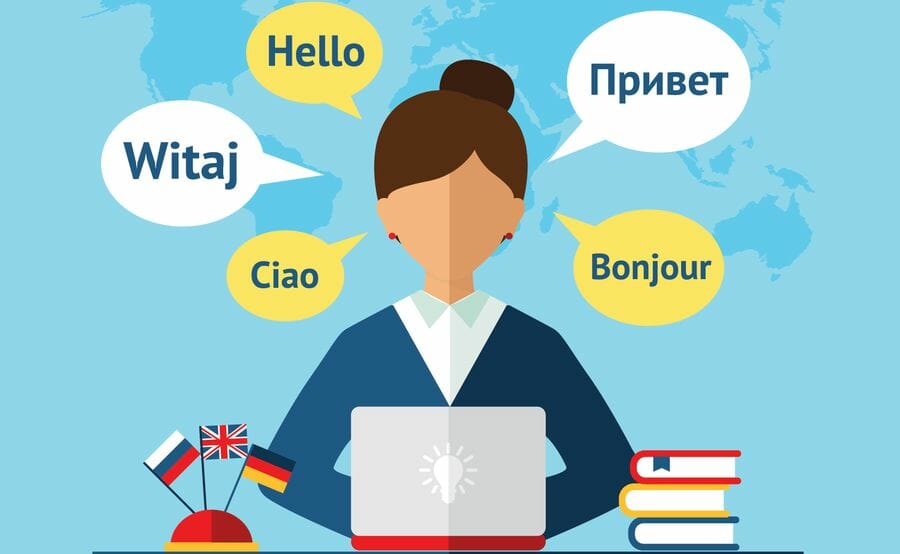
So, who wins?
Here are our final thoughts to close out the debate of human translation VS machine translation. Most of the time the advantages of using human translation outweigh the disadvantages; especially in official settings, human translation has always been the preferred option. In informal situations, the negative aspects of human translation become evident as it costs more and it takes more time to fulfill the correspondence.
Another route that others take is the Hybrid Machine Translation option. Combining the improved speed of translation with the quality offset by Human Translators, this at times is the suitable option for those wanting to get the most value out of their service demands. In this form of service, normally you would want to assign the high traffic pages where context, messaging and nuance is of utmost importance. Machine translation would then be used on less sensitive areas such as site map, contact and product page where word choice is not as important.
Assess your target, analyze your content, and evaluate the best and most effective way to communicate with your audience. With all the information that we shared here, we hope that you are now well informed of the available services that you may need. If you are looking to outsource your translation or any part of your business process, you can learn more about the history and the benefits of this business model on our blog.
With over 10 years of experience in digital content, comics, games, books and manuals, as well as multilingual BPO and customer support, we at CCCI International are proud to provide professional translation and localization services. Thanks to our vast experience in multilingual translation, we are able to address difficulties in both technical and creative translation challenges.
If you are already a multinational organization or a brand just finding your way into the business world, CCCI will help you to extend your reach. Let’s talk about the new multilingual BPO client support program today!
Read also – Industries that need translation services the most, press release translation, and introduction to Android/IOS mobile app localization.
